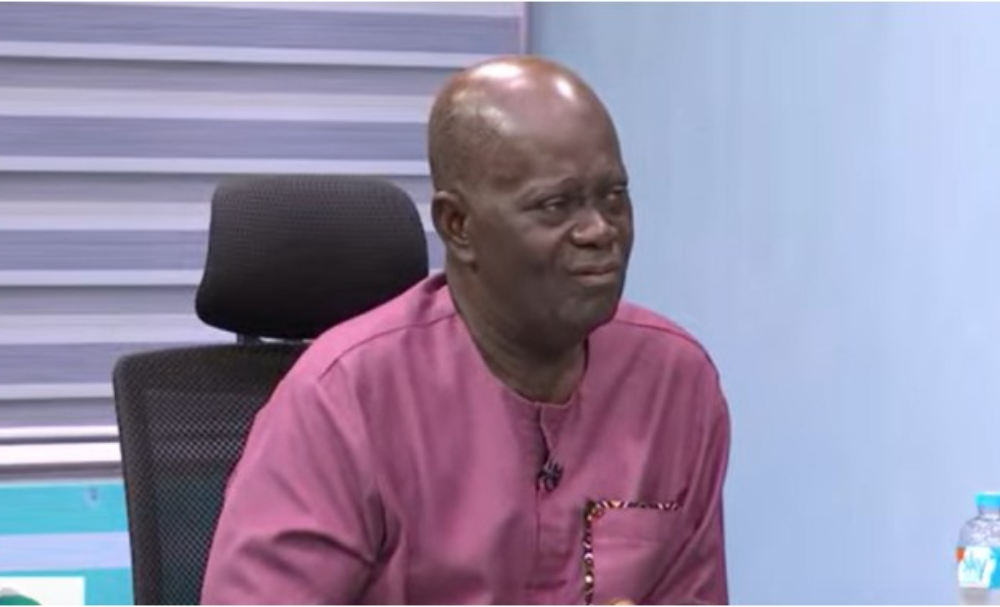Emeritus Professor Kwasi Kwafo Adarkwa, former Vice-Chancellor of the Kwame Nkrumah University of Science and Technology (KNUST), has been vocal on several critical national issues, from the impact of Ghana’s Free Senior High School (SHS) policy on tertiary education to social reintegration and transport safety.
Addressing Faculty Shortages in Universities
Speaking on The Point of View on Channel One TV, Prof. Adarkwa stressed the urgent need for universities to expand their faculty to accommodate the increasing number of Free SHS graduates. The policy, while beneficial, has led to overcrowding in tertiary institutions.
“The first thing will be to hire a few more faculty members,” he stated. “In some colleges, such as computer science, they have to split large classes into multiple sessions. If this is not done, students may end up standing outside windows just to take notes.”
He called for increased funding to ensure universities can maintain quality education while supporting the Free SHS policy.
Reintegrating Former Prisoners into Society
Prof. Adarkwa also touched on the importance of social inclusion, particularly for former prisoners. During an interview about his book Against All Odds, he recounted growing up in Koforidua near a prison and interacting with individuals who had been on remand.
“We saw them every day, bathed in the same public bathhouses, and learned to see them as people rather than just criminals,” he shared. He urged society not to write off former prisoners, as they, too, can become influential and productive members of society.
Caution on Okada and Aboboyaa Commercialisation
On the issue of transport reform, Prof. Adarkwa warned against the rushed commercialisation of motorcycles (Okada) and tricycles (Aboboyaa). Speaking on JoyNews The Pulse, he emphasized the need for pilot programmes before implementing nationwide reforms.
“We need to research and test the effects before fully legalising Okada. The risks of road fatalities are high, especially when passenger and freight transport mix,” he cautioned. He stressed that legal changes alone won’t solve road safety issues, advocating for extensive education and behavioural change initiatives.
















